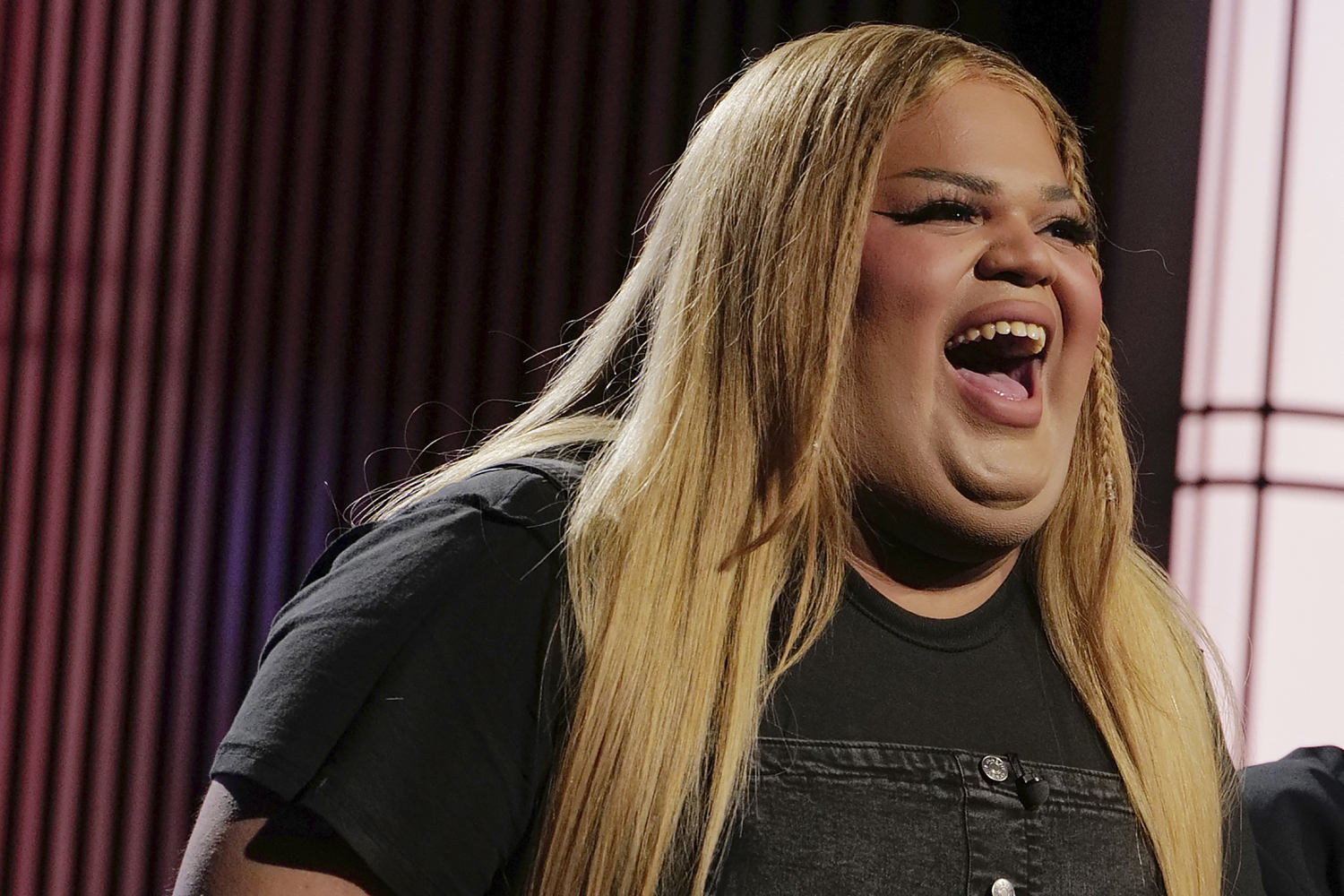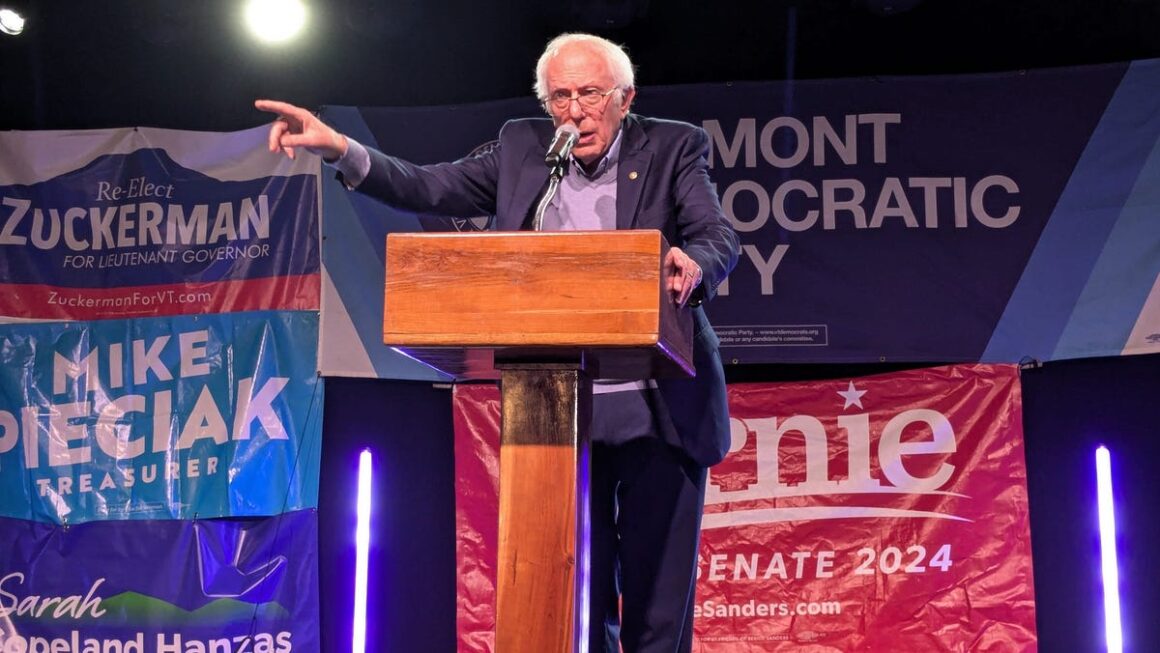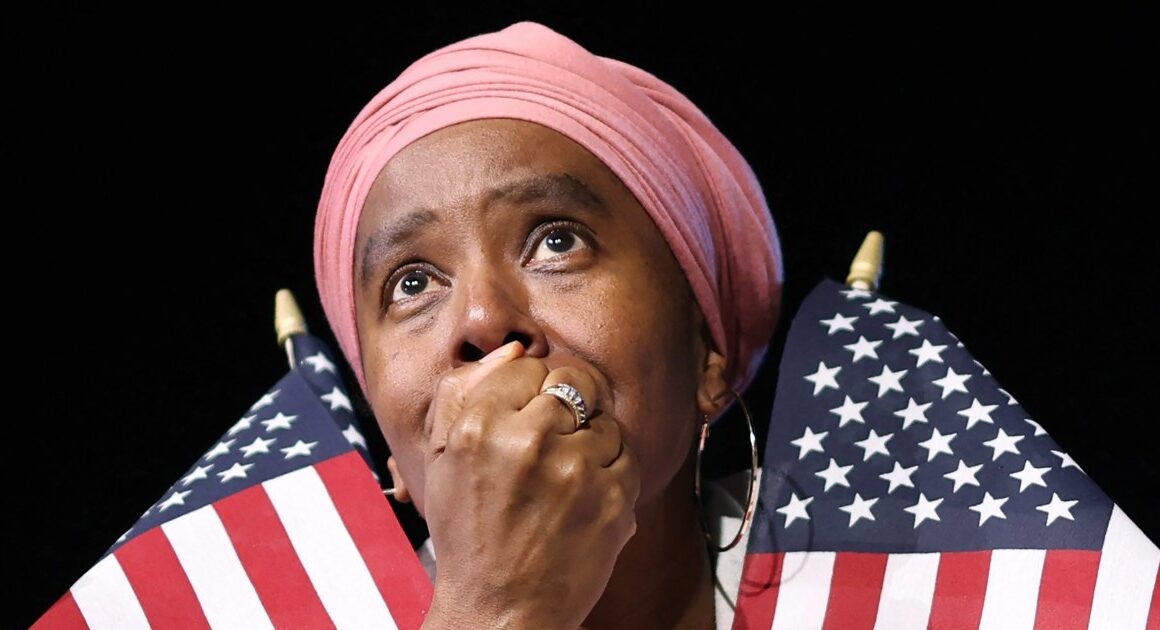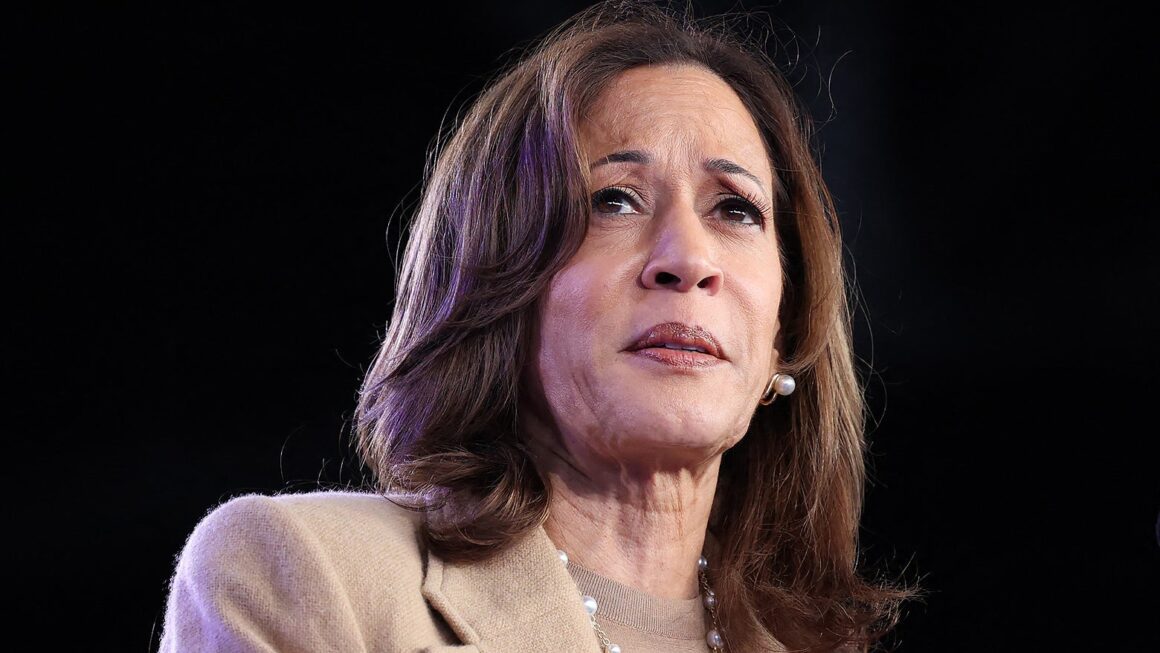
“Very demure, very mindful” has caused a situation that’s become very contentious.
TikTok creator Jools Lebron captivated the platform with her videos about cultivating the right look for work and, in the span of a couple of weeks, spawned a viral meme, a spate of celebrity responses, a Verizon ad and an appearance on ABC’S “Jimmy Kimmel Live.”
But shortly after the store cashier’s catchphrase went viral, several people separately rushed to register variations of “very demure” as federal trademarks. None of them have any kind of relationship with Lebron. Jefferson Bates applied for “Very Demure .. Very Mindful ..” on Aug. 20 as a trademark for advertising, marketing and promotional services; Kassandra Pop sought “very demure very cutesy” on Aug. 24 for advertising services; and Almondia White filed for “always demure and very mindful” on Aug. 27 for hats and apparel.
Shortly after the store cashier’s catchphrase went viral, several people separately rushed to register variations of “very demure” as federal trademarks.
Those applications, made by people trying to exploit the virality of Lebron’s phrases, left her bereft and her fans enraged. Amid tears on a recent TikTok, Lebron says, “This merch situation is really f—ing me up. I invested so much money and time in this, and I feel like I did it wrong. Like, I feel like I didn’t try hard enough. I wanted this to do so much for my family and provide for my transition, and I just feel like I dropped the ball.”
At the end of the brief recording, Lebron says, “I, like, don’t even know what I could have done better because I didn’t have the resources.”
Those other people’s applications, while perhaps tacky, are not necessarily doomed to fail. A trademark is a source indicator — it tells potential purchasers who makes or stands behind a product, not who named it.
Trademark law does not care who popularized a word or phrase, only who used it first (or applied to register it first) in connection with the sale of goods or services.
But neither are the applications by those who beat Lebron to the punch guaranteed to succeed. Each will be examined by the US Patent and Trademark Office (USPTO) and published for opposition, a process that can take between six and nine months. Anyone who believes, as Lebron does, that the registration will harm their business, can argue that it should be refused. Each of the three pending applications was filed based on the applicant’s stated plan to use the mark in the future, so they’ll eventually need to demonstrate that they’re using the mark in commerce — which they have up to three years to do. Fewer than half of intent-to-use based applications eventually turn into registered marks, and the odds of abandonment are likely higher for applications to register viral phrases.
There are also a handful of reasons that the USPTO might refuse these applications, either of its own accord or in response to opposition by Lebron. One is use: a phrase has to be used as a trademark to gain protection. If White, for example, simply sells T-shirts that say “always demure and very mindful” across the front, that’s considered an ornamental use, not a trademark use, and it wouldn’t earn her a registration. Instead, she would need to print the phrase on tags inside or attached to the shirt to show that it’s her brand.
The USPTO might determine that the “demure” phrases are too ubiquitous to function as trademarks.
The USPTO might determine that the “demure” phrases are too ubiquitous to function as trademarks and conclude that the public won’t associate them with a particular source because they function more like informational slogans or rallying cries. Hashtags like #SayHerName and expressions like “God Bless the USA” have been refused registration on that basis.
Another way Lebron might come out on top is by establishing priority. If she can show she used the phrase first — not just in videos or appearances, but as a brand name in connection with products she sold or services she provided — then she can show her rights predate theirs, and the other marks will be refused registration if they create a likelihood of confusion with hers.
Much of the internet rushed to judgment after Lebron’s tearful TikTok, and some of her loyal followers accused Bates of stealing Lebron’s thunder. That said, the feeling that the phrase is closely associated with Lebron could work in her favor in the trademark process if the USPTO thinks that consumers will be deceived by someone else’s use of her catchphrase as a mark. The office rejected an application for “fear the brow” as a trademark for clothing in 2011 on the grounds that consumers who purchased goods bearing the mark might believe themselves to be supporting then-Kentucky Wildcats basketball player Anthony “The Brow” Davis. But he had nothing to do with that application.
In a much happier video posted Tuesday, Lebron said of the trademark situation, “We got it handled, and I’m gonna leave it that. We got it handled. Mama got a team now.” She didn’t provide more details.
Lebron’s struggle to capitalize on her cultural contributions is representative of the challenges that creators, and particularly creators of color, have long faced. As I wrote in my essay in the book “Feminist Cyberlaw,” “access to formal intellectual property protection requires access to information, capital, and expertise.” That’s essentially the point that Lebron made in the TikTok about the other trademark applications, when she said she didn’t know what she could have done better “because I didn’t have the resources.”
As I wrote for “Feminist Cyberlaw,” “intellectual property laws are structured to privilege and protect some forms of innovation, commerce, and art over others—and those forms of knowing and creating tend to be predominantly white and male.… [T]he creative and entrepreneurial endeavors of women, people of color, and members of other marginalized groups are less likely to be rewarded with protection and exclusive rights.”
Lebron’s struggle to capitalize on her cultural contributions is representative of the challenges that creators have long faced.
Lebron could mean any number of things when she says her team “got it handled.” She may file her own trademark applications, plan to oppose other attempts to register marks that build on her work, send cease-and-desist letters, file lawsuits alleging trademark infringement, attempt to negotiate with the other applicants, or any combination of those.
Her team might also try to cultivate backlash against the interlopers and publicly shame them into abandoning their applications. That strategy led Disney to walk away from its application to register “Día de los Muertos” and Momofuku to cease enforcing its registration for “chili crunch” against competitors.
Because while Lebron is known for being demure, her lawyers don’t have to be.
![]()






